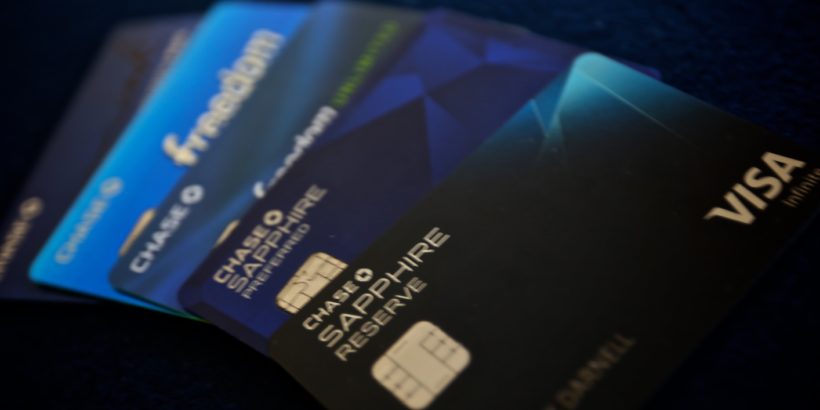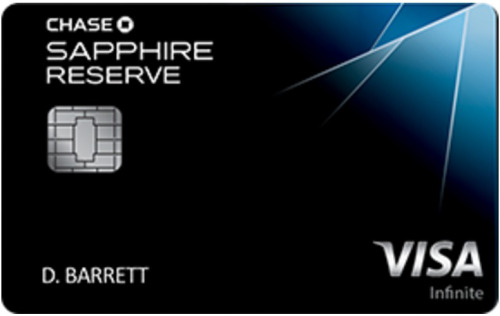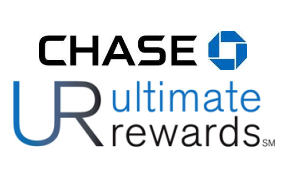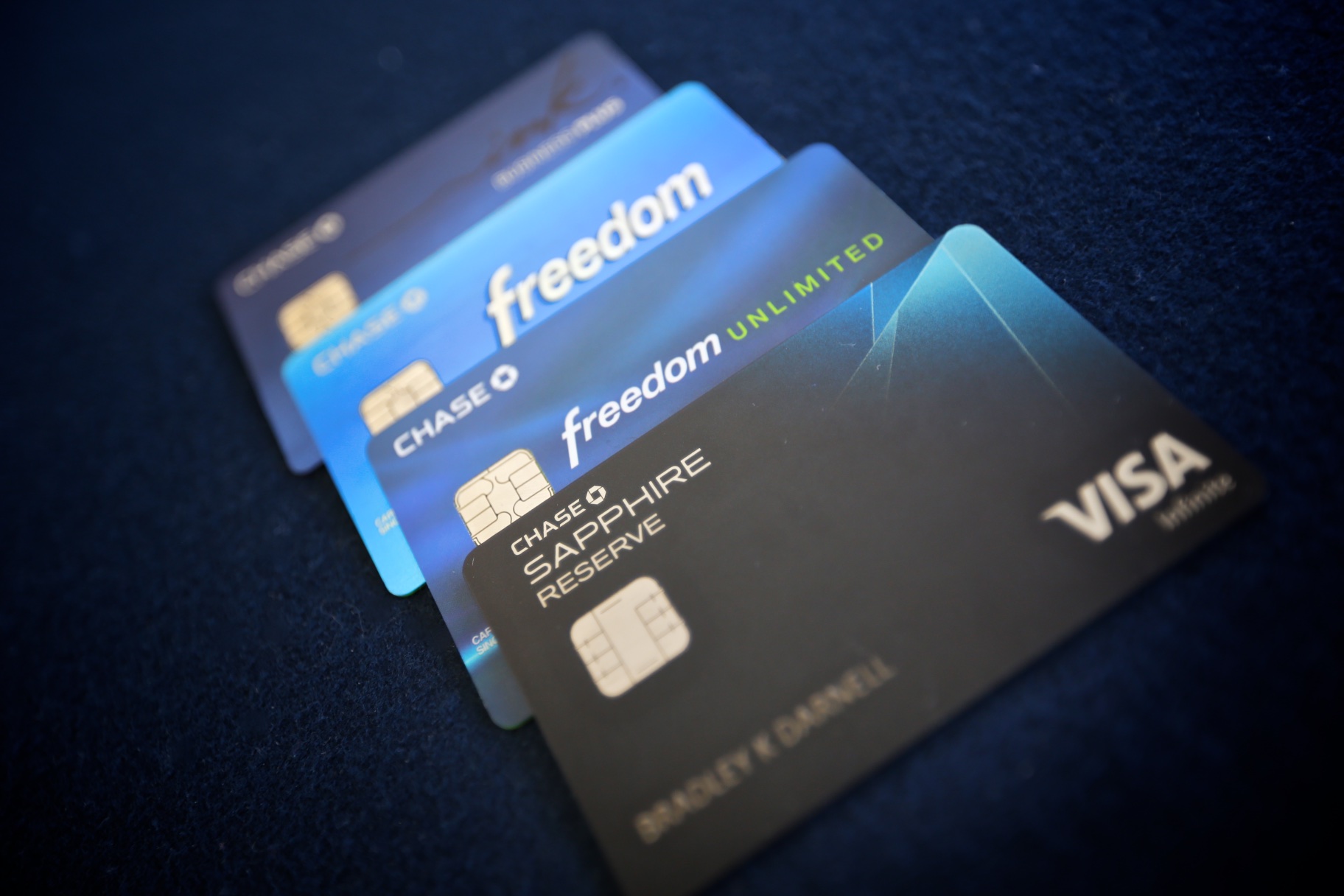The Chase Sapphire Reserve is one of the hottest credit cards on the market with some of the top benefits so naturally people are curious about what credit score is needed to get approved for the Sapphire Reserve.
It’s great that more consumers are doing their research before applying for credit cards these days but there’s a lot more that goes into a credit card approval decision than just a credit score.
Here are a few things you can look at to get a good sense of your Chase Sapphire Reserve approval odds.
Update: Some offers are no longer available — click here for the latest deals!
Tip: Use WalletFlo for all your credit card needs. It’s free and will help you optimize your rewards and savings!
Table of Contents
Chase Sapphire Reserve Credit Score: What’s Needed?
Unfortunately, credit scores can sometimes be very deceptive.
That’s because someone with practically no credit history can still have a score in the 700s, which is considered a “great” score. In reality, a 700+ credit score with no credit history won’t do you much good when applying for the Sapphire Reserve.
So before we get into the ideal Chase Sapphire Reserve credit score, let’s go over some of the most important factors on your credit report and how those will be considered for your approval decision.
If you need a quick refresher on how credit scores are determined, click here.
Three very important Chase Sapphire Reserve approval criteria are:
- Credit account history
- Utilization
- Payment history
Credit history for the Sapphire Reserve
If you have virtually no credit history, you probably don’t want to apply for the Sapphire Reserve. For example, if your oldest account is 3 months old, you’ll likely struggle to get approved.
If that’s the case, I highly recommend going for a card like the Chase Freedom. The Freedom comes with no annual fee, some great bonus earning potential, but most of all, it’s one of the easier Chase cards to get approved for.
You don’t have to go with the Freedom, there are plenty of other credit cards designed for people with “fair” credit that you can consider. The benefit to going with the Freedom though is that you’re able to establish your relationship with Chase which will help you get approved for a Sapphire card later on.
Related: Chase Freedom Unlimited: Credit Score Needed?
Utilization
Utilization can be important, too. You should strive to keep your overall utilization below 30% but that’s not to say you won’t get approved with higher utilization.
You need to also pay attention to the utilization on your specific credit cards. For example, if you already have another Chase issued credit card and it’s maxed out, Chase is not going to like the way that looks. If that’s the case, then you want to try to pay that off or down as soon as you can.
Late payments
If you have recent late payments (late payments within the past year or two), you might get some push back because of those. (This is especially true if your late payments were with Chase.)
But just because you have negative marks on your credit report doesn’t mean you can’t get approved — there are plenty of data points out there of people getting approved for the Reserve even with blemishes on their credit report.
If you have really fresh late payments that just hit in the past few months, I would probably wait several months before I tried applying. Assuming you don’t mess up again, just waiting 6 months after a late payment can sometimes improve your score a decent amount.
Credit score needed for the Sapphire Reserve
Assuming you have at least a couple of years of account history (with any bank), I’d recommend waiting until your credit score is close to 720 to apply for the Sapphire Reserve.
But this is not a strict cut-off requirement whatsoever.
I’ve known people personally who have been approved for the Reserve with credit scores in the high 600s. So if you have a credit score of 690, for example, it’s still possible to get approved for the Reserve.
The thing to note in this situation is that typically you’ll need to have a more established credit profile if your score is below 700. So if you have a 690 credit score but 7+ years of solid credit history and no blemishes on your record, it might be worth giving it a shot to apply. If you have had another card issued by Chase for several years, that’s another major factor to be considered.
At the same time, don’t get too cocky if you have a score above 720. If your credit profile is still very thin, you might need to build it up more before applying.
Related: How to Raise Your Credit Score by 200 Points
Income needed for the Sapphire Reserve
One of the most important Chase Sapphire Reserve requirements for approval is the income requirement.
The Reserve is a premium credit card and these usually require you to have a higher income.
This is especially true since the minimum credit line for the Reserve seems to be $10,000. If you have a lower income, Chase might not feel good about granting you that credit line.
Typically, I’d recommend that you have an income at least $40,000 range. If you do enough research, you’ll see some data points of approvals with income in the $30,000 and even $20,000 range, but I would not like my odds with those figures.
If it were me, I’d only feel comfortable applying for the Sapphire Reserve with an income of $45,000+.
Keep in mind that if you have access to your spouse’s/parent’s income, you can report your household income in many instances.
Other income related factors come into play such as your monthly rent or mortgage. If you’re cutting things close with your monthly rent payments and your income is borderline, expect a tougher time getting approved for the Sapphire Reserve. You can read more data points on income needed for Chase credit cards here.
Related: Does Income Affect Your Credit Score?
Open up a Chase bank account
If you think you’re a borderline candidate for getting approved, one thing you can do is open up a Chase bank account.
If you maintain that bank account for a few months, it might help push the needle toward the direction of getting approved. Do your best to keep the account in good shape. Avoid getting hit with overdraft fees or anything that could potentially make you look less financially responsible.
Before you apply
Once you’re ready to apply for the Sapphire Reserve, then do yourself a favor and read about the Chase application rules first. The Chase Sapphire Reserve is subject to the Chase 5/24 Rule (along with other restrictions) and this article will explain everything you need to know about those rules and restrictions.
Also, if you’re a borderline applicant, your Sapphire Reserve application might end up in a Chase reconsideration phone call. For that reason, make sure you read up on my tips for the Chase reconsideration line.
If you pay close attention to the above articles, you’ll be well equipped to move forward with your Reserve application.
Chase Sapphire Reserve qualifications
So in summary, you want to consider the following qualifications:
- Credit account history
- Utilization
- Payment history
- Credit score
- Income
- Relationship with Chase
- Chase application rules
- Chase reconsideration protocol
Having an understanding of all of these will give your great insight into your Chase Sapphire Reserve approval odds.
Final word
The Chase Sapphire Reserve is definitely one of the top credit cards available.
So understandably, Chase doesn’t want to give it out to everyone. But if you follow the advice in this article and do what you can do to build up a credit history, clean credit report, have a decent income, and try to establish relationship with Chase, you’ll be increasing your approval odds.
In the end remember that’s it’s impossible to know what Chase will or will not do with your application, so sometimes you just have to apply to get your answer.
Daniel Gillaspia is the Founder of UponArriving.com and the credit card app, WalletFlo. He is a former attorney turned travel expert covering destinations along with TSA, airline, and hotel policies. Since 2014, his content has been featured in publications such as National Geographic, Smithsonian Magazine, and CNBC. Read my bio.





One comment
Comments are closed.